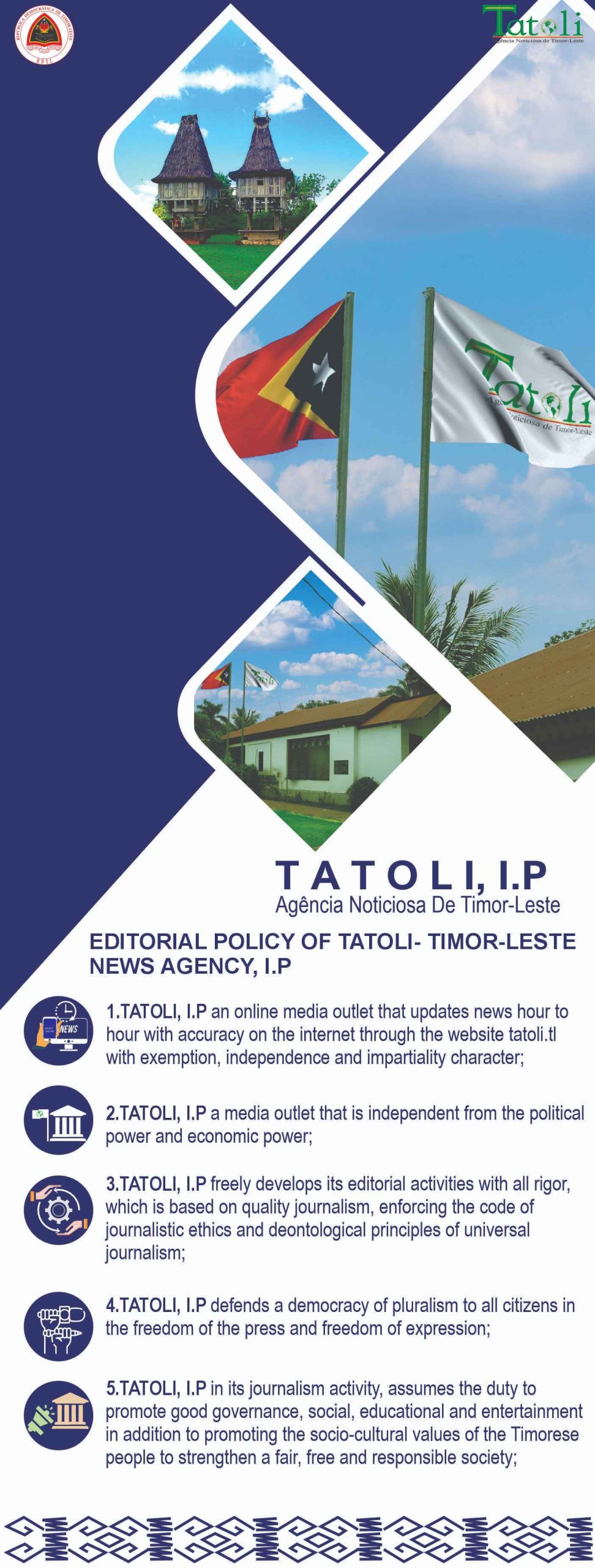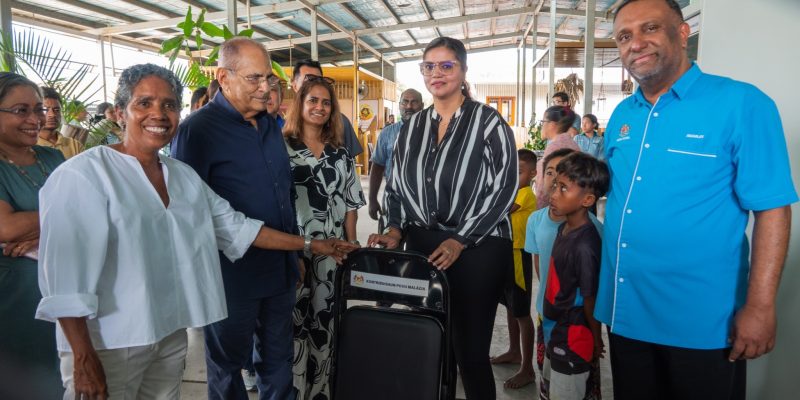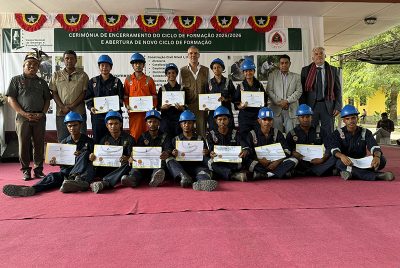By: Dionísio Babo Soares
Democracy stands as one of the most resilient and evolving forms of governance in human history. Rooted in the Enlightenment ideals of liberty, equality, and fraternity that characterized the French Revolution of 1789, it remains a living framework adaptable to social change rather than a static system. As the political theorist Toby S. James (2024) argues in his theory of “real democracy,” democratic endurance depends on whether a political society provides the preconditions necessary for citizens to actualize their capabilities and participate meaningfully in decision-making.
This notion redefines democracy beyond the formal existence of elections, emphasizing the substantive empowerment of citizens through inclusion, deliberation, and access to information. Against this global backdrop, the case of Timor-Leste as a young democracy born in 2002 after centuries of colonialism and conflict, offers an instructive microcosm of how democratic institutions evolve under the weight of historical, cultural, and institutional constraints.
The central question in the current Timorese discourse is whether the nation should retain its closed-list proportional representation (PR) system or transition toward an open-list model.
Actually, there is no absolute truth in each of these models, as various factors influence their applicability. Each model represents a different theory of representation and accountability. According to the 2025 study “Can Proportional Representation Create Better Governance?” published by Protect Democracy, the choice between open and closed lists shapes not only political outcomes but also the quality of governance. Closed lists concentrate accountability within political parties, ensuring programmatic unity, while open lists distribute responsibility across individual candidates, enhancing responsiveness to local concerns and voter preference diversity (Protect Democracy, 2025).
In closed-list PR, voters select parties rather than individuals, and the list order decides who occupies parliamentary seats. All these are determined by party leadership. This system has been used and underpinned Timor-Leste’s democracy and political stability since independence. The 2024 “Bertelsmann Transformation Index” report on Timor-Leste notes that the semi-presidential system is better suited to Timor-Leste’s socio-political context, ensuring effective power-sharing between the president and parliament and reinforcing procedural legitimacy despite internal political rivalry (BTI, 2024). According to BTI, this design helps consolidate party cohesion and simplify voting, which is particularly vital in a nation where literacy remains uneven across the rural population and civic education remains a distant reality. Furthermore, closed lists have proven effective in promoting inclusion and cohesion. Timor-Leste’s gender quota system, embedded within party lists, secured women’s representation at 39% in the 2018 parliamentary elections, one of the highest rates in Asia.
However, critics argue that closed lists can dilute the direct relationship between citizens and their representatives. Voter influence ends at the party level, which can lead to alienation when local concerns are filtered through centralized party structures. This critique finds support in the work of Soderlund and von Schoultz (2023), who demonstrate in their comparative analysis of open-list systems that personal accountability, which is defined as the clarity of responsibility between a representative and their electorate, is significantly higher where voters can directly influence candidate selection. Lately, Timorese civic activists have echoed this sentiment, particularly as communities in Baucau and Liquiçá have called for more visible engagement from their respective members of parliament.
The counterpoint rests on the structural vulnerabilities of open-list systems in fragile or transitioning democracies. A 2024 Cambridge University study by Crutzen et al. (2024) on candidate ranking strategies under closed-list PR highlights that parties structured around competence-based hierarchies tend to produce higher-quality governance when compared to open-list systems that incentivize intra-party competition. Internal rivalries can fragment party solidarity, promote patron-client campaigning, and advantage wealthier candidates with greater resources for self-promotion. Such risks are heightened in post-conflict societies like Timor-Leste, where national unity remains a fragile yet indispensable public good. The low literacy level, lack of access to information, and inability to represent and interpret their mandate could be counterproductive in open-list systems.
Globally, the democratic landscape contextualizes Timor-Leste’s cautious institutional approach. The 2025 State of the World: 25 Years of Autocratization report (Tandfonline, 2025) reveals a notable backslide: 45 states are autocratizing, while only 19 are democratizing, resulting in a return of global democracy indices to levels last seen in the 1990s. This broader environment highlights the importance of maintaining institutional stability and procedural integrity in small and nascent democracies. In Timor-Leste, democratic consolidation must therefore proceed incrementally rather than through destabilizing overhauls. The European Union Election Follow-up Mission (2025) similarly recommends that Dili prioritize electoral transparency and inclusivity while preserving continuity in core processes. These calls emphasize the importance of reform through measured improvements such as the adoption of biometric voter registration and enhanced campaign finance oversight, rather than radical system change.
Recent advances in democratic theory help explain this balancing act. Game-theoretic models, as outlined in The Game Theory of Democracy (New York Times, 2024), propose that democracies survive by maintaining an equilibrium between accountability and governability. Excessive personalization of politics, while appealing in theory, can destabilize cooperative behavior and legislative negotiation. On the other hand, excessive centralization can alienate voters, inviting a populist reaction. Timor-Leste’s challenge, then, lies in achieving systemic accountability without eroding collective coherence, a lesson visible in Indonesia’s shift to an open-list PR system in 2009, which enhanced individual accountability but introduced corruption vulnerabilities at local levels.
The notion of “real democracy,” outlined by Toby S. James (2024), deepens this analysis by focusing on empowerment through capability development. In practice, this translates to strengthening civic education, fostering political literacy, and ensuring that ordinary citizens, particularly rural populations, youth, and women, participate substantively, not just symbolically. The EU’s 2025 recommendations for Timor-Leste emphasize decentralization and the integration of persons with disabilities into voter rolls, aligning well with James’s framework. Real democracy, in this view, is not solely measured by ballots cast but by the authenticity of participation and accessibility of power.
Looking ahead, Timor-Leste can adopt targeted reforms that combine the inclusiveness of open systems with the unity of closed lists. Hybrid models, tested in countries such as Finland and Sweden, could allow voters to express a limited preference while preserving party ordering to minimize ballot complexity. Similarly, internal party democratization, mandating transparent candidate ranking processes and regional input in list compilation, could help bridge accountability gaps without necessitating legislative overhaul. Empowering oversight bodies such as the Comissão Nacional de Eleições (CNE) and the Technical Secretariat for Election Administration (STAE) to enforce spending limits and transparency could prevent the elite capture risks inherent in open-list campaigning.
Ultimately, democracy endures when institutions, norms, and civic expectations evolve in tandem. As Freedom House (2024) affirms, Timor-Leste remains one of Southeast Asia’s few nations to have sustained competitive elections and peaceful transfers of power since its independence. However, maintaining this trajectory requires vigilance. Structural stability must coexist with moral vibrancy, the belief that democracy’s legitimacy depends on how deeply it touches people’s everyday lives. From Dili’s parliament to the remotest suco, the democratic journey continues as both aspiration and practice. Timor-Leste’s choice of electoral model should thus not only manage representation but also nurture citizenship itself: a process of constant learning where democracy is not an endpoint, but a living promise renewed with every vote, dialogue, and reform undertaken in good faith.
At its most enduring, democracy is not a system demanding perfection but one committed to self-correction. For Timor-Leste, preserving the stability of its closed-list PR system while incrementally enhancing voter connection and transparency is consistent with contemporary democratic theory’s emphasis on resilience through adaptability. In the global context of democratic regression (Tandfonline, 2025), this model of cautious evolution, steady, inclusive, and self-reflective, positions Timor-Leste as a quiet yet potent example of how small nations can sustain the world’s most demanding yet noble form of governance.
This is a personal opinion and does not bind to he institutions with which the author is associated.
TATOLI

















